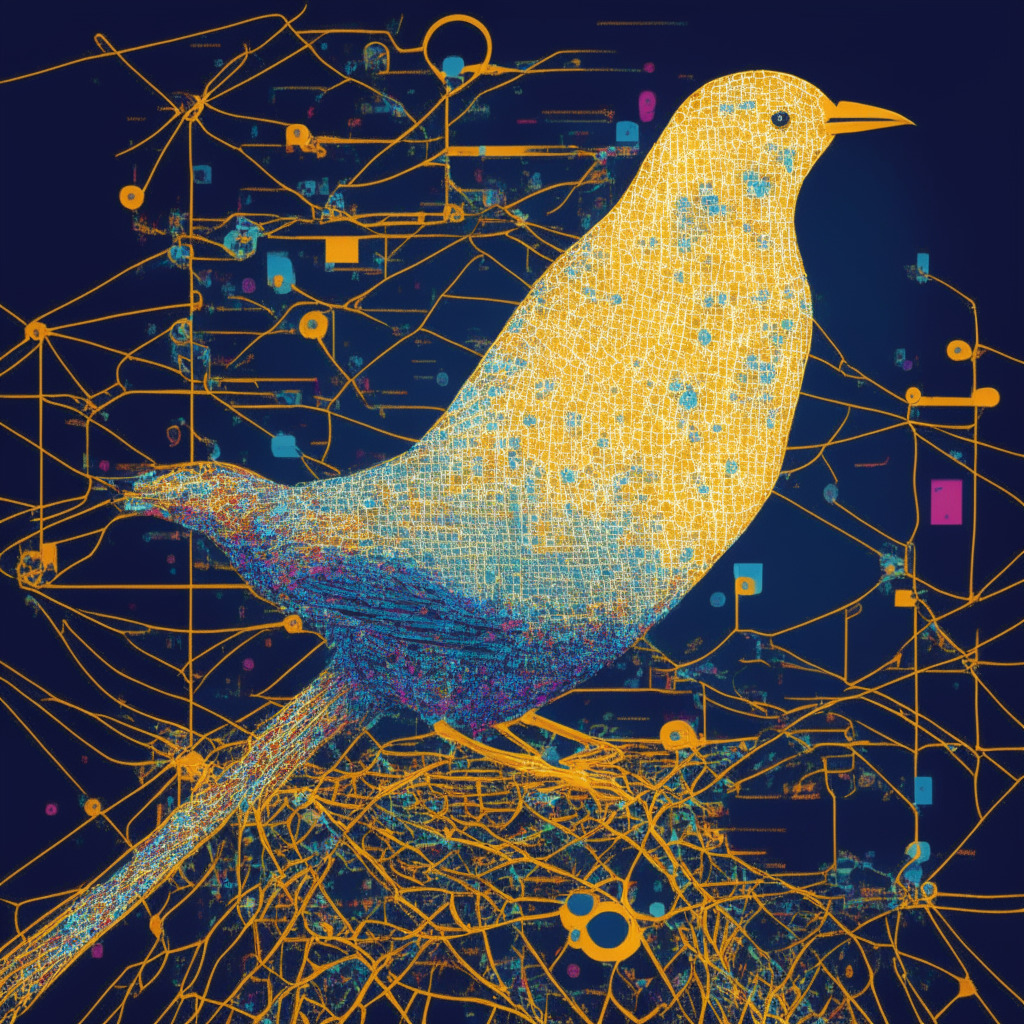In a recent personal website post, Vitalik Buterin, the co-founder of Ethereum, took aim at the evolving landscape of social media, and in particular how a tool called Community Notes utilized by a platform, referred to here as ‘X’, promotes and embodies ‘crypto values’.
The Community Notes tool, which was launched in the U.S. while known as Birdwatch, prior to X’s acquisition by Elon Musk, was designed to let contributors rate tweets for their helpfulness and to provide context. The feature operates via an open-source algorithm, which Buterin highlighted as being emblematic of crypto values, as “it’s the closest thing to an instantiation of ‘crypto values’ that we have seen in the mainstream world”.
He noted the feature’s success in providing additional context to potentially misleading content and curtailing misinformation, particularly around sensitive issues like COVID-19. Buterin acknowledged that, realistically, no algorithm is perfect. However, the one behind X’s tool is “surprisingly close to satisfying the ideal of credible neutrality,” while being profoundly useful.
The explicit incorporation of crypto values into mainstream applications highlighted by Buterin raises several intriguing questions about both the future of social media and the broader adoption of blockchain technology principles. The story also sparked discussion about the potential for large-scale tech corporations to manipulate tools in line with their interests.
For example, Buterin alluded to Musk possibly directing staff to eliminate Community Notes that were counter to his interests. Regardless, Musk declared Buterin’s analysis as “great”. It’s worth mentioning that Musk dubbed himself as a “free speech absolutist” prior to his takeover of X.
On the other side of the spectrum, it’s worth noting that the promotion of credible neutrality, a core aspect of ‘crypto values’, could potentially limit and control the presence of misleading or divisive content on social media platforms. On the flip side, the concept of central figures or entities overseeing the application of these principles can lead to controversies and skepticism.
Even as the crypto space extends its influence into the mainstream world, the debate over how these ‘crypto values’ are being expressed, who controls them, and their overall impact on users and society as a whole is far from over.
The marriage of social media platforms and blockchain can indeed forge a new path that promotes transparency, immutability, and decentralized control; or it could also cultivate an environment where powerful figures can manipulate the system to their advantage. Both possibilities are real, and the actual outcome will undeniably shape the future of both social media and blockchain technology.
Source: Cointelegraph




